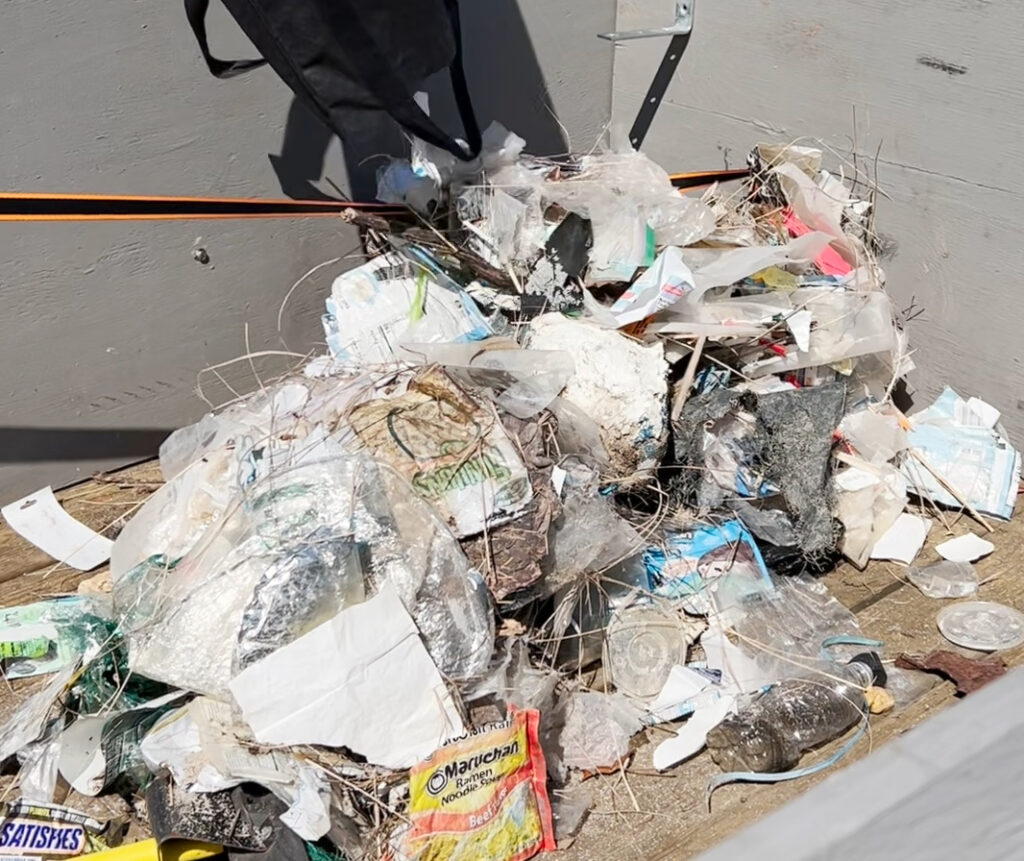Greenport poet wins U.K. poetry prize

Fran Castan of Greenport is no stranger to writing about grief.
Her first book of poems, “The Widow’s Quilt” (1996), partially honors her first husband, Sam Castan — a Southeast Asia correspondent for Look magazine who was killed while on assignment during the Vietnam War. Now, she has been awarded the U.K. Hippocrates Prize for Poetry and Medicine for her poem “Voice Mail,” about losing one of her closest friends to cancer.
“She was a remarkable person. She was a composer, a poet of note, a sculptor, a painter, a novelist, screenwriter — she did all these things. And they didn’t just stay in a room … they were really out there,” Ms. Castan said of her friend, Siv Cedering of Sagaponack.
Ms. Cedering immigrated to the west coast of the U.S. from Sweden as a teenager. “Allen Ginsberg even found her and thought she was amazing back then,” Ms. Castan said. “She never got the full recognition that her work deserved.”
Ms. Castan visited Ms. Cedering several times a week during the last year of her life to help put her last book together. “Then I’d go home, and I would be so sad, or admiring, or whatever I was feeling, you know, that I needed to do my work,” she said. Thus, “Voice Mail” was created.
The poem is written as two sections, “near sonnets” — a bit more formal than Ms. Castan’s usual style. The first, a voicemail from her friend’s perspective, gently breaks the news that the cancer has returned. But “have fun,” her friend says. “Look for the orioles. / I hear them everywhere.”
That’s one change Ms. Castan, who lives at Peconic Landing, where she teaches a poetry appreciation class, has made since she first wrote the poem 14 years ago. Ms. Cedering originally told her to listen for frogs. “And I have versions with that, but I prefer the birds,” she said.
The second section informs the writer, Ms. Castan, that “The previous message / Is about to expire. … press nine to save.”
“If only I could press / A button to save you,” she wrote. “But all I can save is your voice.”
Ms. Castan doesn’t publish enough — she has written enough poetry for at least five collections, yet she’s published only two books — so as one does, she made a deal with herself to send out more poetry in the new year. When she came across the Hippocrates prize, she thought of “Voicemail.”
She had entered another, more humorous poem about shingles in the Hippocrates competition two years ago, and that earned a commendation. She’s won several other accolades as well, including recognition as Long Island Poet of the Year in 2013. Her first-place prize this year, however, was a surprise.
“It’s a COVID year and the poem isn’t about COVID, so I never thought it would win,” she said.
Ms. Castan didn’t start earning a paycheck for her writing until after her first husband died in 1966. At the time, she was living in Hong Kong with her 1-year-old baby , and she thought, “Well, I’d better get a magazine job.”
She ended up in the typing pool at The New Yorker, where she “learned a great deal.” She was eventually promoted to an editorial assistant for the magazine’s poetry editor in the late 1960s. Her first article was published in 1970. She loved her work, but she wasn’t yet writing poetry herself.
That came to her later in life. Although Ms. Castan always loved the genre, she didn’t often see herself reflected in the work she was reading.
“When I was loving poetry, it was mostly dead white men that I read — not so much women,” she said.
She started writing her own poetry in 1978, 12 years after her first husband’s death. “At which point, I thought … I have to learn about this,” she said.
She earned an M.A. in creative writing from New York University in 1987, to top off a B.A. in English from Brooklyn College in 1959 and an M.A. in languages, literature and communication from Columbia University in 1980.
Since then, in addition to “The Widow’s Quilt,” she has also published a volume of poems called “Venice: City that paints itself” (2010), illustrated with art by her second husband, the late Lewis Zacks. Her poems have also appeared in several anthologies and magazines.








